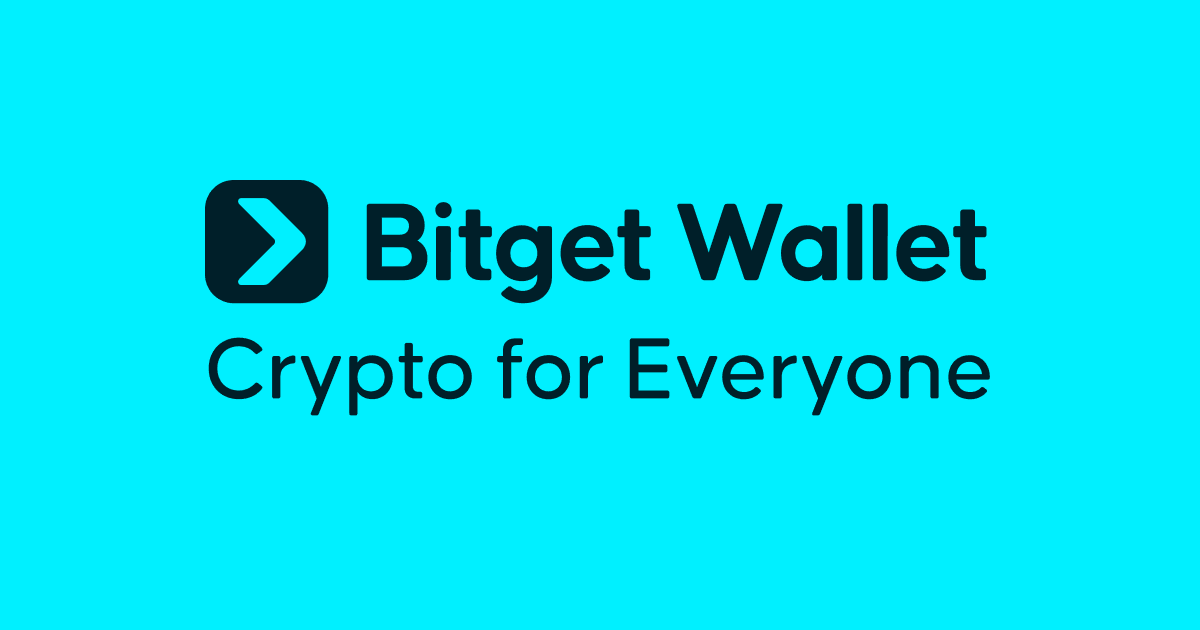So, I was messing around with some wallets the other day—yeah, like a crypto nerd on caffeine—and stumbled on something kinda wild about the BWB token. Seriously, this thing isn’t just another coin; it’s tying itself into multi-chain wallets and DeFi in ways that made me pause. Wow! At first glance, I thought it was just hype, but the deeper I dug, the more I realized how this could actually reshape how we handle crypto assets across chains.
Here’s the thing: DeFi integration has always been a bit clunky, especially when juggling multiple blockchains. You get tangled in bridges, fees, and delays. But BWB and its ecosystem seem to be smoothing out those bumps. Something felt off about traditional wallets—they often felt like silos. BWB’s approach, plugged into multi-chain wallets, offers a glimpse at what seamless really means.
Okay, quick confession—I’m biased because I’ve been playing with the bitget wallet lately, and its multi-chain support blew me away. It’s not just about holding tokens; it’s about interacting with DeFi protocols across chains without hopping through hoops. This kind of integration is rare.
At first, I was skeptical. I mean, a lot of tokens promise big things but deliver small. Then again, the BWB token’s design, especially its utility within these wallets, hints at something more nuanced. It’s not just a governance token or a speculative asset; it’s a utility piece that drives actual multi-chain DeFi participation.
Really? Yeah, no kidding.
Digging deeper, I realized that the multi-chain wallet landscape is seriously evolving. The days of juggling separate wallets for Ethereum, Binance Smart Chain, Polygon, and others might soon be over. Wallets like bitget wallet don’t just store assets—they integrate social trading, DeFi staking, and cross-chain swaps natively. BWB token fits snugly into this ecosystem, serving as a kind of “access key” or incentive for users to dive into DeFi across chains.
But here’s where it gets tricky. On one hand, multi-chain wallets promise convenience, but on the other, they face security challenges. The more chains you connect, the larger your attack surface. I’m not 100% sure how BWB’s ecosystem tackles this, but from what I’ve seen, the wallet’s layered security and smart contract audits are pretty solid. Though, I’d keep a close eye on how they handle cross-chain bridges since those are notorious for exploits.
Oh, and by the way, social trading integration in wallets? That’s a game-changer. Imagine following seasoned DeFi traders’ moves directly in your wallet interface, all while managing your BWB tokens. It’s like the Robinhood of crypto, but with real multi-chain muscle behind it.
Here’s what bugs me about the current DeFi scene: fragmentation. You’re stuck using different platforms for different assets. But the BWB token, embedded in wallets like bitget wallet, seems to offer a unifying thread. It’s a token designed to incentivize users to stay within an ecosystem that’s not just multi-chain but also socially interactive and DeFi-enabled.
Initially, I thought BWB was just another governance token, but then I realized its role is more dynamic. It’s both a utility and a social glue. Actually, wait—let me rephrase that—it’s a kind of digital passport that unlocks features, rewards, and governance across chains without bouncing around multiple apps.
Check this out—

Now, wallets like bitget wallet are perfect examples of this trend. They’re not just wallets anymore; they’re platforms. Integrated DeFi protocols let you stake, lend, and swap tokens with a few clicks. Add BWB token into the mix, and you get perks like reduced fees, access to exclusive pools, or voting rights in protocol upgrades.
Something about that makes me think we’re inching toward a future where crypto wallets aren’t passive safes but active financial hubs. The BWB token’s design fits neatly into that vision.
Still, I wonder about adoption hurdles. Multi-chain wallets can overwhelm new users—too many options, too many networks. And tokens like BWB, while powerful, might confuse people if they’re just trying to hold or send crypto. That said, with thoughtful UX and education, these barriers can be lowered.
Here’s the curious bit: BWB token’s integration into DeFi and wallets isn’t just tech—it’s cultural. Social trading, community governance, and cross-chain DeFi hint that crypto is becoming more communal, more interconnected, and less siloed. This feels like a natural evolution but one that requires trust and intuitive design.
On a personal note, I’ve been testing multi-chain wallets for a while, and the friction has been real. The bitget wallet, for instance, stands out by offering a neat balance of usability and advanced features. With BWB token’s integration, it’s like having a backstage pass to the whole multi-chain DeFi concert.
Still, some questions linger. How scalable is this model? Will the BWB token maintain value as DeFi protocols shift? And can wallets keep up with the rapid pace of blockchain innovation without becoming bloated or confusing?
Honestly, I don’t have all the answers, but I’m excited to watch how this unfolds. If you’re hunting for a modern, multi-chain wallet that’s tightly woven with DeFi and social trading, definitely give the bitget wallet a look. It’s not perfect, but it’s a bold step toward the future.
So, yeah—BWB token and multi-chain wallets might just be the duo crypto needs to break the old molds and invite more people into the DeFi party without the usual headaches. And that’s worth keeping an eye on.

